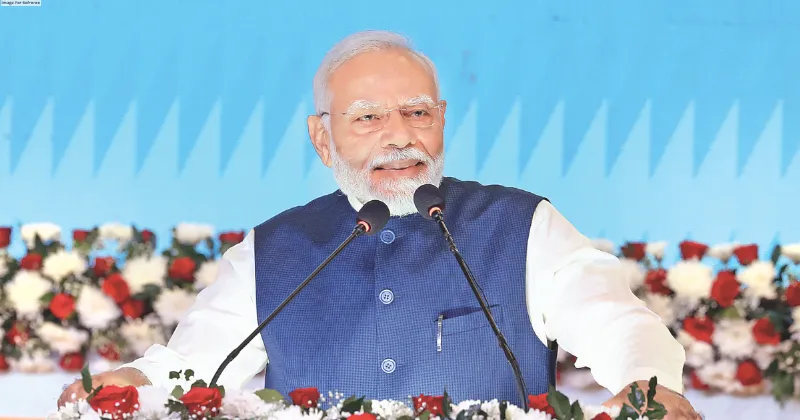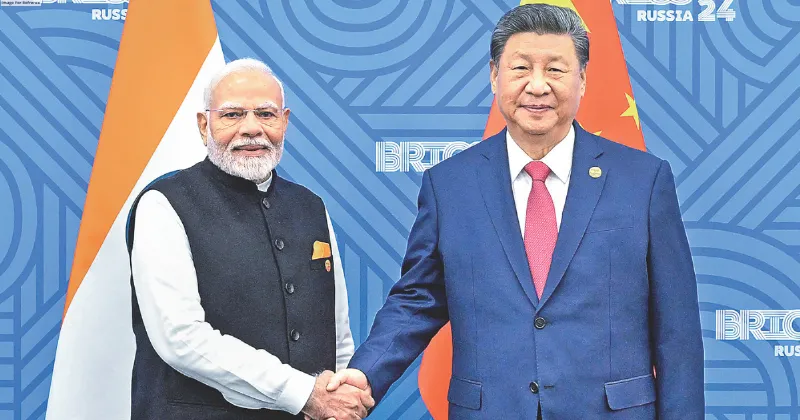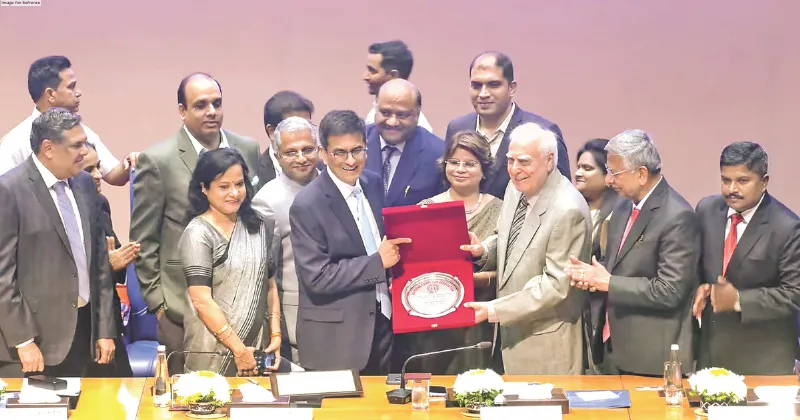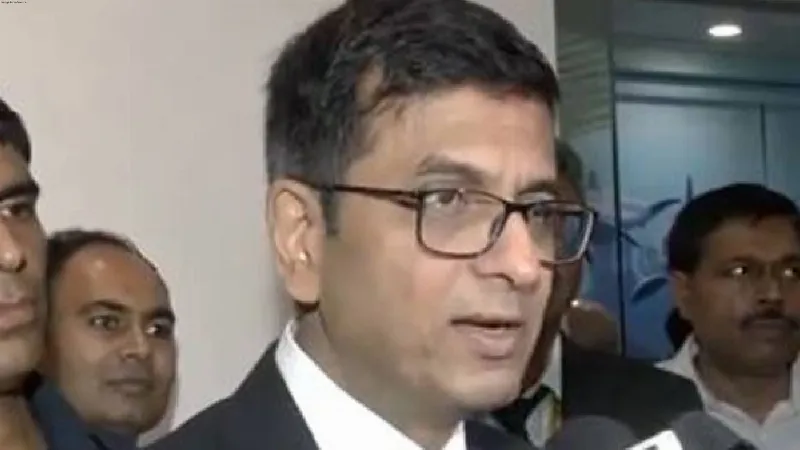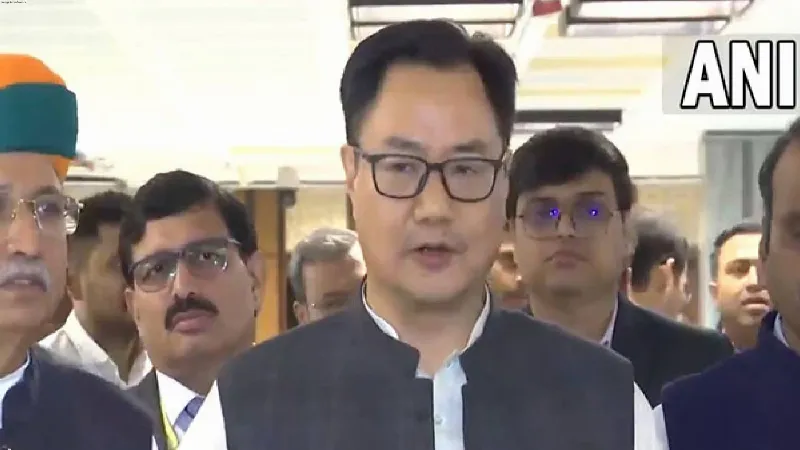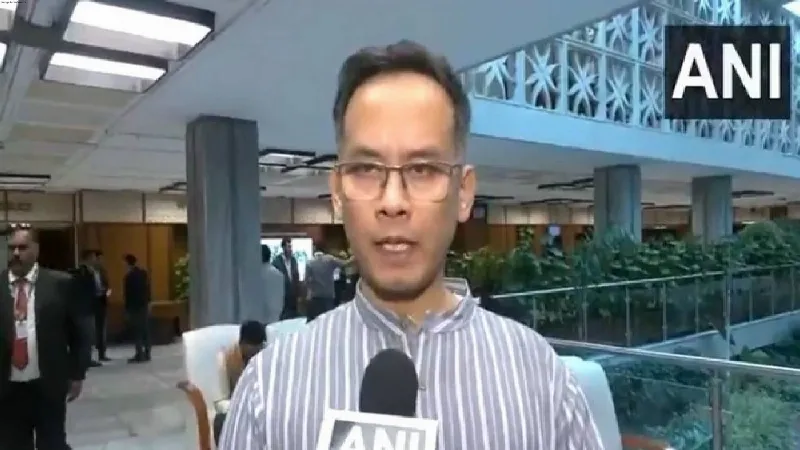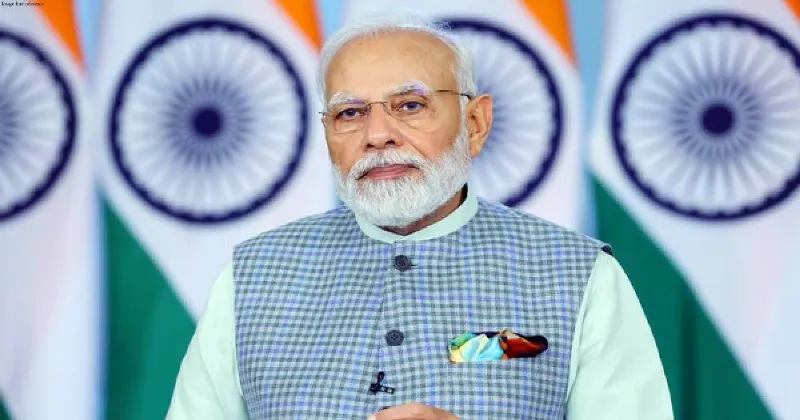Latest News
EMERGENCE OF EXTRA REGIONAL POWERS EVOLVING MULTI POLAR WORLD

The outbreak of World War I witnessed a complex interplay of alliances, as pre-existing agreements and treaties pulled various nations into the conflict. Similarly, the Cold War rivalry led to the formation of blocs - NATO and the Warsaw Pact - as a response to ideological differences and security concerns. During this period the world remained Bipolar between power blocs of the US and its allies and Soviet Union and its allies. Post disintegration of Soviet Union in 90s, the US rose as sole Super Power and remained at the helm of global affairs till it was challenged by China - Russia alliance. However, as seen in recent past international system is undergoing a gradual transformation, giving rise to a multipolar configuration. In the realm of international relations, the concept of a multipolar world order has emerged as a defining framework for global politics and international affairs. This paradigm shift is characterized by the presence of multiple dominant entities, typically major nation-states, each wielding substantial economic, military, and political influence on the world affairs in the present times, though the US, China and Russia have an upper edge.
The growing relevance and influence of the multinational political and economic alliances like the BRICS Plus, the Shanghai Cooperation Organization (SCO), G-20, G-7, African Union (AU), Gulf Cooperation Council (GCC), the Association of Southeast Asian Nations (ASEAN), South Asia Association for Regional Cooperation (SAARC) and the Quadrilateral Security Dialogue (QUAD) reflects the evolving nature of partnerships in response to emerging powers and transnational challenges. Multipolarity - the idea that there are many important global powers, not just a few superpowers - is being touted by leaders, CEOs, and economic pundits as the future. Most news headlines in global events suggest the growing importance of middle powers, from Turkey, India, Brazil, South Africa to Japan, South Korea and Australia are moving out of shadows of existing strong power blocs. Now, the US, Russia, or China do not hold the level of military and economic power as yielded by superpowers of Cold War Era.
Earlier the Power blocs mainly emerged around shared ideological and political values, economic considerations and security concerns. The modern era has brought forth a plethora of global challenges that transcend national borders. Issues such as climate change, pandemics, and transnational terrorism necessitate multilateral cooperation are compelling reasons to facilitate collaborative efforts to address these challenges, reflecting the increasing importance of flexible and adaptable partnerships in a rapidly changing world. The shifting alliances are visible in former Soviet republics gravitating towards western institutions like NATO and the European Union and major allies of the US, France and Germany reluctant to toe US line on Israel and Ukraine conflicts owing to their heavy dependence on Russia for cheap gas supply.
RESURGENCE OF POWER CENTRES
The current geopolitical milieu is characterized by globalisation and international trade fostering a network of economic relationships that transcend traditional alliances. The nations such as the United States, China, Russia, the European Union, and regional powers in the Middle East and Asia contribute to the multipolar distribution of economic power.
The South China Sea dispute, Russia’s assertiveness in Eastern Europe, and the Middle East’s regional power struggles exemplify the multifaceted challenges with entry of new players apart from the US and Russia- China alliances who are making impact on the events and happenings.
The United States’ emphasis on prioritising national interests under different administrations has led to reassessments of traditional alliances, including those within the European Union. This realignment has prompted the EU to contemplate greater selfreliance, multilateralism and cooperation on defence and security matters.
China’s Belt and Road Initiative (BRI) has catalysed significant changes in global alliances. Through extensive infrastructure and economic projects, China has forged new partnerships across Asia, Africa, and Europe.
The Middle East has witnessed unprecedented alliance shifts, particularly with Israel’s growing diplomatic normalisation with Gulf states like the United Arab Emirates and Bahrain. Shared concerns over Iran’s influence and regional stability have prompted these nations to forge new partnerships, signalling a potential realignment of geopolitical interests in the region.
The Indo-Pacific region has experienced notable shifts, notably with the Quadrilateral Security Dialogue (Quad) gaining prominence. Comprising the United States, Japan, India, and Australia, Quad reflects strategic alignment to counterbalance China’s influence.
As Ukraine faces security challenges, its aspirations for NATO membership have led to full-fledged war with Russia and much-expected support from US allies like France & Germany got diluted owing their energy compulsions of purchase of Gas from Russia.
THE VIEWS EXPRESSED BY THE AUTHOR ARE PERSONAL
Col Rajesh Bhukar The writer is a Post Graduate in International Studies, Alumni of Defence Services Staff College, Wellington and College of Combat, Mhow [email protected]



